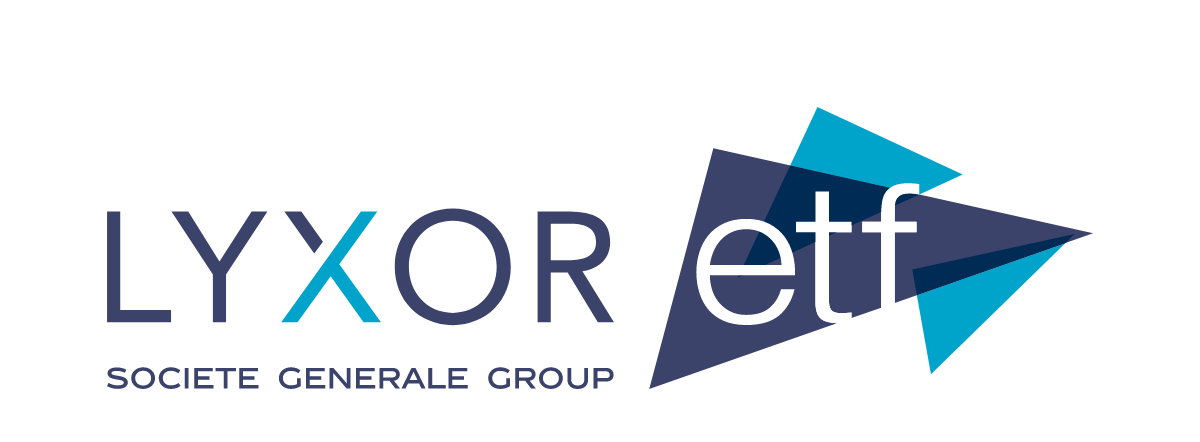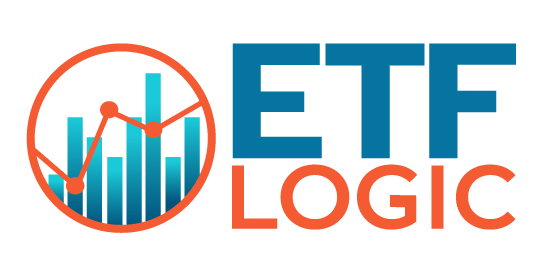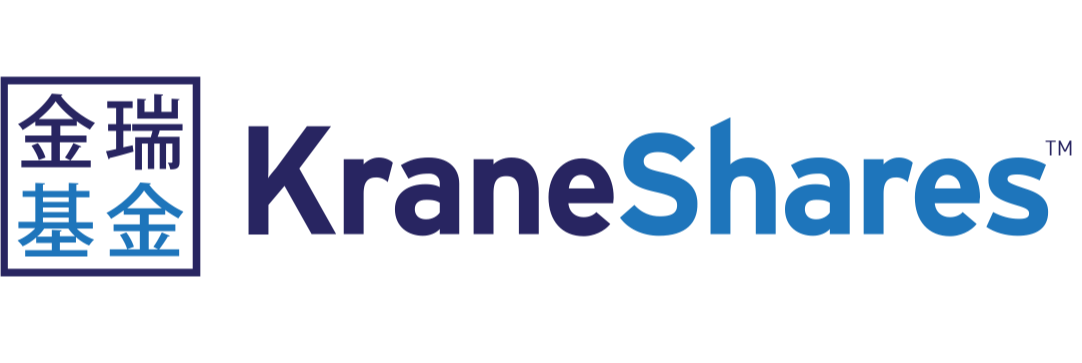The year of the Ox turned out to be a damp squib for Chinese stocks in 2021 with ETFs geared towards Asia’s largest economy bottoming out the performance charts.
From tech ‘crackdowns’ to defaulting real estate companies China has been a wild ride for investors, who, despite the market’s opaqueness, continue to be drawn to the country.
China has dragged on the broader emerging market which, despite a promising start to the year, has lagged developed markets substantially. The MSCI Emerging Markets index has returned -4.6% year to date, compared to the 16.9% returns of the MSCI All-Country World index.
Elsewhere in emerging markets, Turkey took a hammering in the final month of the year, as the country grapples with rampant inflation and a depreciating lira, resulting in three ETFs making the top 10 worst performers of 2021.
The coronavirus pandemic recovery took much of the limelight this year, energy ETFs accounted for seven of the top 10 best performers for 2021 as they battled back from a dismal 2020, but at the other end of the table, clean energy ETFs had a much more turbulent 12 months.
China tech bottoms out
Around the middle of last year, the Chinese government launched a stinging attack on the country’s tech market in a bid to wrestle back control of the data collected by some of the world’s largest internet companies, wiping as much as $1.5trn off the value of some of these groups, including Tencent and Alibaba.
This has been particularly bad news for thematic ETFs targeting China tech. A prime example of this is the Rize Education Tech and Digital Learning UCITS ETF (LRNG) – the worst performing ETF in Europe last year – returning -51.8% over 2021, with a third of its investments allocated to the market.
Although the ETF does not hold any giant tech firms, the crackdown hit all areas of the market. Two top 10 holdings from China – tutoring companies Gaotu Techdu (4.7%) and Tal Education Group (4.5%) – lost 98% and 94% of their value last year, respectively.
Launched in September 2020, it has been an untimely first 12 months for the ETF with $14m assets under management (AUM). LRNG also has half of its holdings in the US, where many of the tech-centric growth-orientated stocks fared worst in the first half of the year when lockdown restrictions began to loosen.
However, some investors have viewed the government intervention as a buying opportunity as companies hit multi-year record low valuations.
The KraneShares CSI China Internet UCITS ETF (KWEB) was the second worst performing ETF of 2021, having returned -48.6% over the 12 months. Despite this, flows into the product have sped up – $311.2m has been funnelled into the ETF over the past three months – while its US-listed counterpart the KraneShares CSI China Internet ETF (KWEB) recorded a staggering $7.3bn inflows in 2021, according to data from ETFLogic.
Other China ETFs were also among the top 10 worst performing of the year. The HSBC Hang Seng Tech UCITS ETF (HSTC) returned -31.1% over the year, while the Xtrackers MSCI China UCITS ETF (XCS6) and the Lyxor MSCI China ESG Leaders Extra UCITS ETF (ASIC) returned -23.5% and -23.4%, respectively.
Like much of the Chinese market, it is tricky to predict just how long the aggressive tech policies will continue, with many anticipating another bumpy year for the market.
Turkey teetering
It has been a tale of two stories for emerging markets over the past 12 months highlighting just how tricky a broad-based approach to the market can be. For example, Indian equities had a strong year with ETFs such as the iShares MSCI India UCITS ETF (IIND) returning 28% over 2021.
However, at the other end of the spectrum, Turkish equities were pummelled at the end of 2021. Inflation hit 36% in December, a 19-year high, with some economists predicting that it could rise to as much as 50% if the current monetary policy is not reversed.
President Recep Erdogan has waged war on interest rates and since September has slashed rates from 19% to 14%, which saw the Turkish Lira lose 37% of its value versus the US dollar over the past three months.
Furthermore, trading of Turkish stocks was halted twice in December following a sharp sell-off that saw the Borsa Istanbul 100 Index fall 9.1% in a single day.
Three ETFs made the worst performing top 10 for the year, all tracking MSCI Turkey indices of large and mid-cap stocks. The iShares MSCI Turkey UCITS ETF (ITKY), the HSBC MSCI Turkey UCITS ETF (HTRY) and the Lyxor MSCI Turkey UCITS ETF (TURL) have returned -28%, -27.2% and -27.1% over the past 12 months, respectively.
Clean energy woes
Edging into the top 10 worst performing ETFs of the year is the iShares Global Clean Energy UCITS ETF (INRG) which has fallen 23.3% over the year.
INRG was just one of several that exploded in popularity, growing tenfold in the 12 months to February last year, resulting in IRNG having to rebalance and expand its index in a bid to resolve concerns around liquidity and over-concentration.
Performance of ETFs in the sector fell off a cliff in February as debt-laden growth stocks fell out of favour with investors, while the delays in the passing of the US infrastructure bill also impacted clean energy companies.
Despite this, the sector enjoyed an uptick in performance following the CO26 summit in Glasgow with investors seemingly riding a wave of positivity before the landmark climate meeting in November. INRG returned 16.4% in October, but it was not enough to counter losses made earlier in the year.
Related articles:









